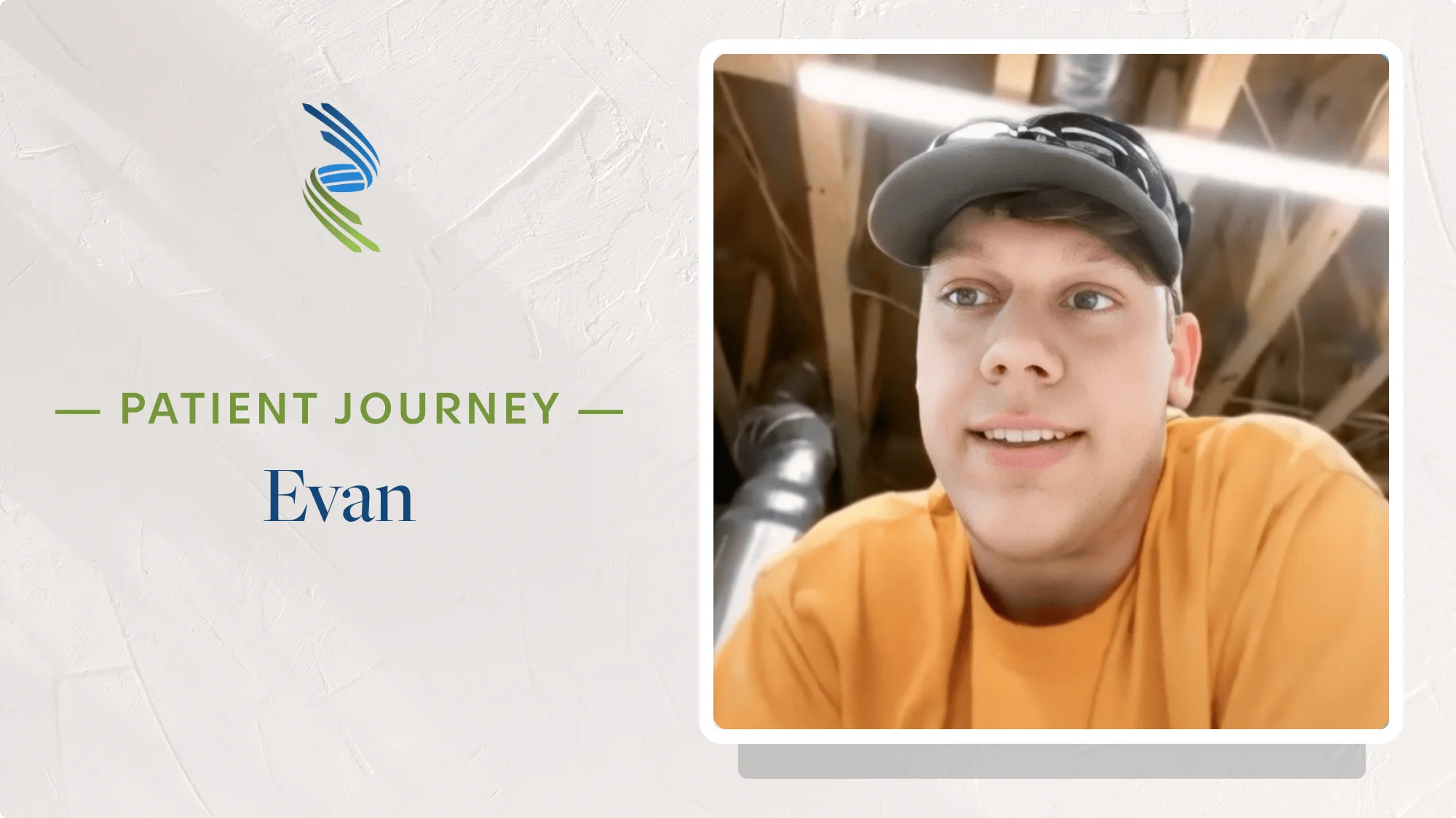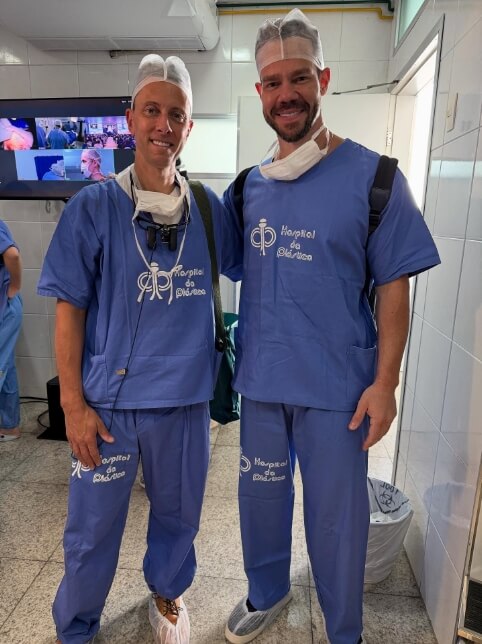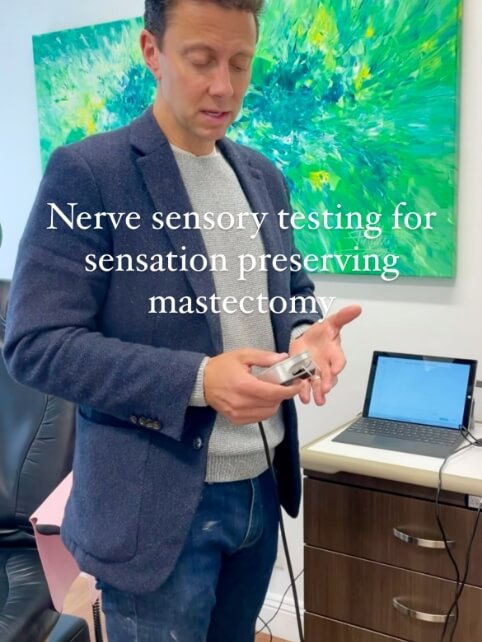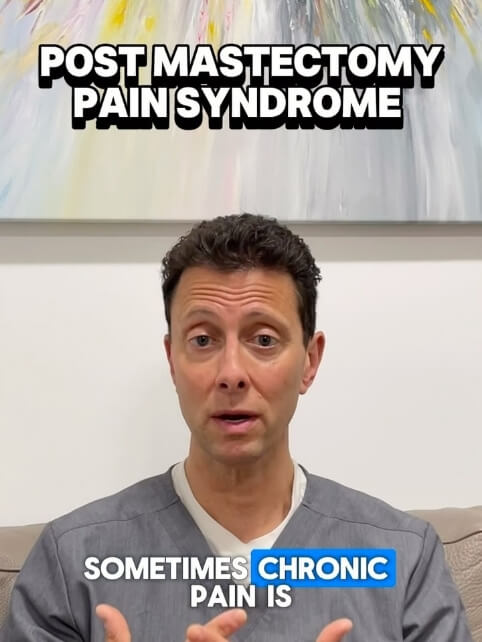Nerve Surgery

Post Mastectomy Pain Syndrome (PMPS)
Some pain, after a mastectomy is normal, but chronic pain can often be avoided by reconnecting the nerves that may need to be cut for cancer reasons.
This nerve procedure is most easily performed at the same time as the mastectomy, but can also be considered afterward.
Learn More
Neuropathy
Conventional wisdom states that peripheral neuropathy is progressive and irreversible, particularly in cases of neuroapthy secondary to diabetes, hypothyroidism, exposure to chemotherapy and other conditions. However, this dictum may not always be true.
In many cases, the symptoms of peripheral neuropathy are due in part to a pinched or irritated nerve in the leg, foot, arm, forearm or hand. If you are experiencing symptoms such as burning, tingling, numbness, or electric shocks, you may be suffering from a compressed or damaged nerve. Fortunately, diagnosing which nerve or nerves may be involved is usually done during an office consultaion and with the use of diagnostic nerve numbing agents. When succesful (as is often the case), an outpatient surgical procedure to “un-pinch” or sometimes remove damaged nerves is likely to be very effective in reducing or even eliminating the pain.
Learn More
Chronic Pain Following Surgery
Millions of surgical procedures are performed in the United States each year and while most of them are successful, there are situations in which patients end up with chronic, often debilitating pain.
Similar symptoms can also result from falls, motor vehicle crashes, firearm accidents and sports-related injuries. Many of these cases are attributable to injury of one or more peripheral nerves and luckily, can often be readily diagnosed and then effectively treated with a significant reduction in pain during outpatient surgical operations.
Learn MoreReal Patient Stories
The moment you realize your pain no longer controls your life is a profound one. Hear real patients describe their journeys and what it means to step into a life with reduced or no pain.
View Patient StoriesAre You Ready to Start Living Again?
If chronic pain is impacting your quality of life, you’re in the right place.
Request A ConsultationJoin Our Growing Community: Support, Resources & Real Conversations
Navigating chronic pain can feel isolating. You don’t have to do it alone.
Dr. Peled is active in several online nerve pain communities, particularly those focused on specific conditions, such as occipital neuralgia. He shares general advice, answers questions, and provides support for those seeking clarity about their condition.
Explore our blog, follow us on social media, or connect with us through one of the online forums on Facebook or Reddit.















